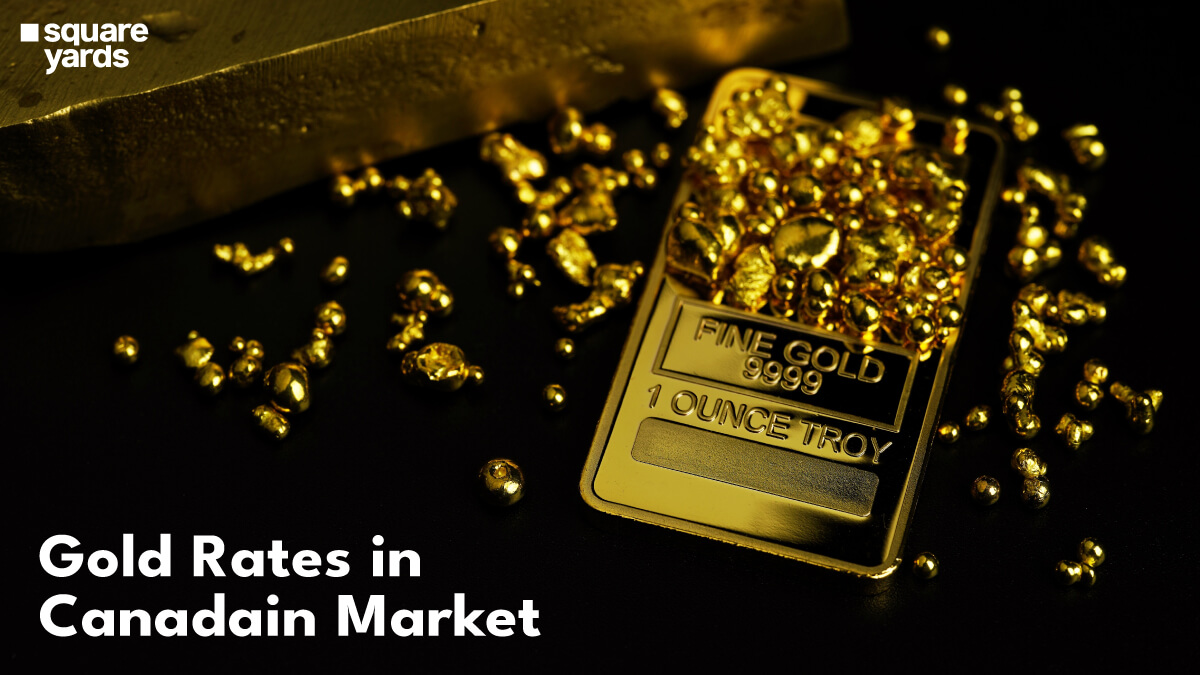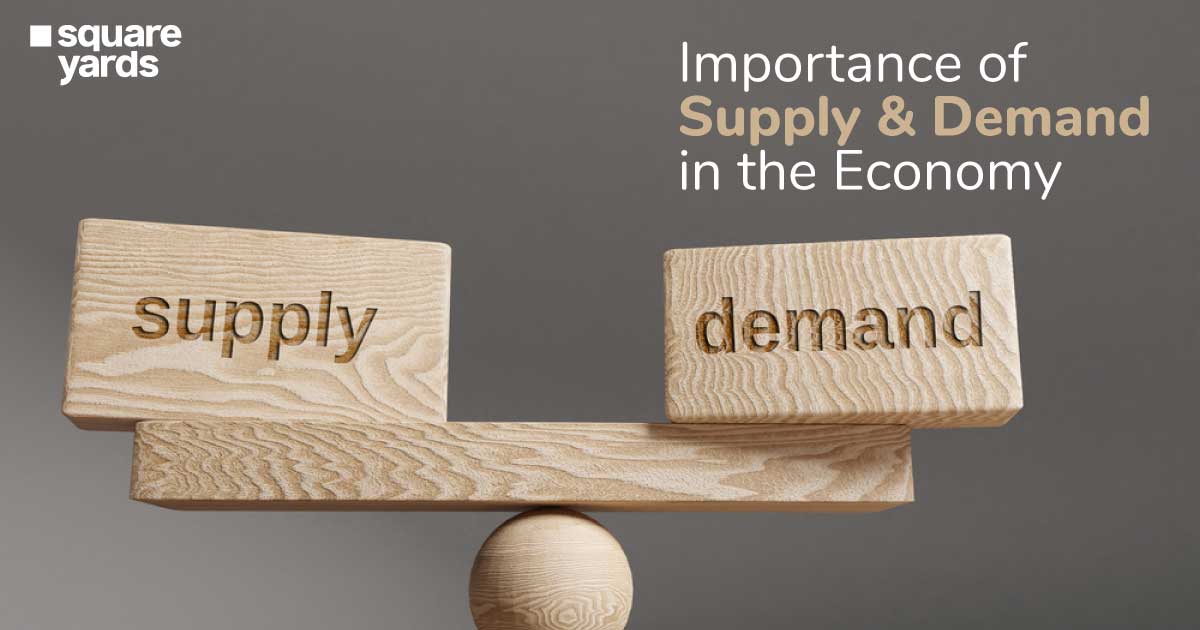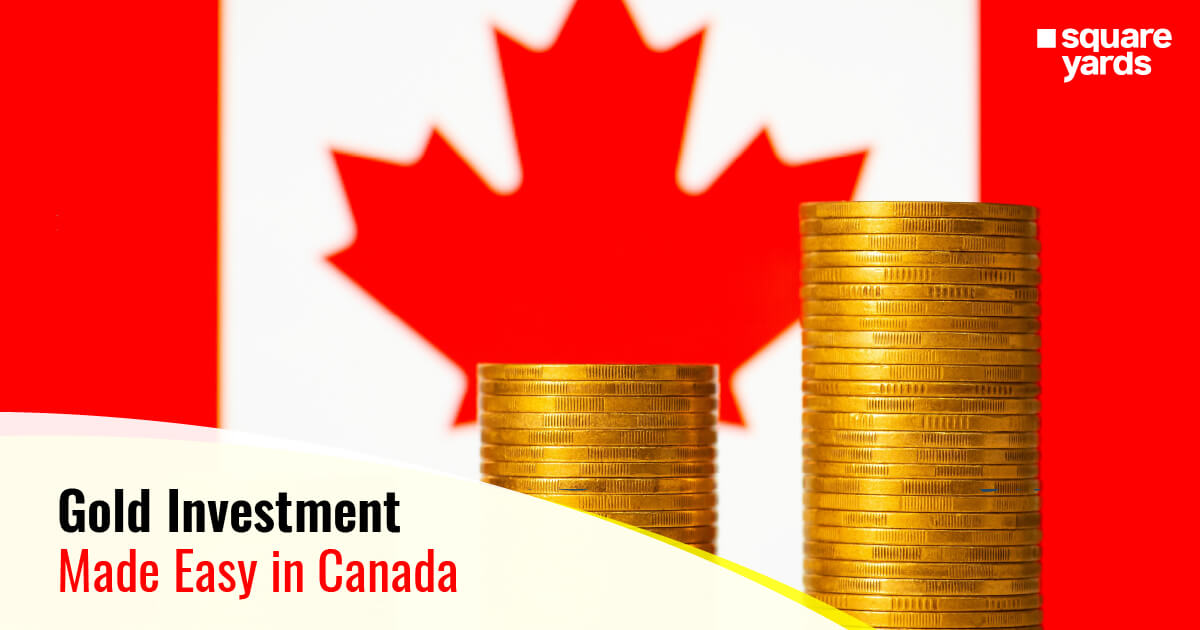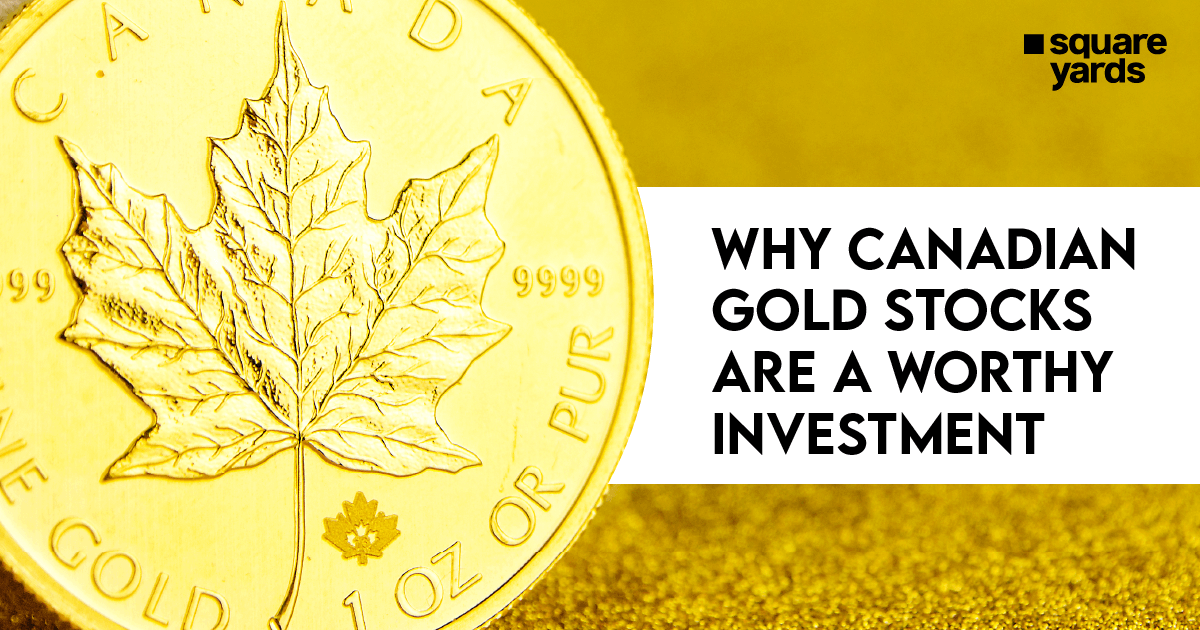Over the centuries, gold has been a symbol of wealth and status. It still holds significant importance in trade in the global market. Various factors like global trends, market demand and economic indicators still influence the price of gold, making it essential for investors to understand the dynamics of golf rates to make an informed choice. In this blog, we will discuss the current gold rate in Canada and compare it with global rates, providing valuable information and tips for investing in gold and comparing it with real estate investment options.
Why Do Gold Rates Fluctuate in Canada?

-
- Gold prices in Canada are impacted by global events like inflation, political instability, and currency fluctuation. During such uncertain times, investors flock to gold, leading to a hike in its price.
- Canada’s gold demand shapes the country’s price of gold. The demand for gold comes from various sectors, including the jewellery industry, investment, central bank reserves, and industrial uses.
- The changes in the value of the Canadian dollar against the US dollar affect Canada’s gold value since gold is traded globally in US dollars.
- The interest rates and monetary policies of the Bank of Canada also influence the gold rate in the country.
Tracing the Trends of Gold Rates in Canada

Over the years, the price of gold in Canada has witnessed significant fluctuations. Owing to the recession in 2008, gold prices dropped, but it reached the highest point in Canadian dollars, surpassing CAD 1,800 per ounce in the year 2011. Now, the current price of gold is CAD 1021.66 for every 10 grams. Moreover, gold prices are also influenced by the market cycle as well as the sentiment of the investor. If the economy is stable and the stocks are bullish, all the investors turn their eye to the other investment options, leading to the gold prices being decreased. Thus, analysing historical trends and market conditions is important to make informed decisions about gold investments.
Analysing Global Trends to Gold Price in Canada

Gold prices in Canada are strongly linked to global trends. Gold is globally traded in US dollars, thus affecting its price due to various international factors. Similar trends can be witnessed in Canada when the gold price globally rises or falls. Canadian investors can stay up-to-date with the gold price chart by keeping up with various financial news outlets, market research reports, and online platforms. Moreover, Gold rates can also be affected by economic and political stability. The following is a comparison between two countries to analyse the global differences.
Comparing Gold Rates in Canada vs India
In India, gold is highly valued for weddings, festivals, and investments. Its prices may vary based on local demand, taxes, and currency exchange rates.
-
- Current Rate in Canada: 1021.66 CAD /10 g
- Current Rate in India: Rs. 71,280 (1162.97 CAD)
Hence, you can see that the price of gold is higher in India.
Comparing Gold Rates in Canada vs UAE
The United Arab Emirates (UAE) is known for its profound fondness for gold. Dubai is renowned as one of the top gold trading centres globally. The UAE’s gold prices are affected by several factors, including domestic demand, regional economic circumstances, and the dynamics of the worldwide gold market.
-
- Current Rate in Canada: 1021.6627 CAD /10 g
- Current Rate in UAE: 2,817 AED (1041.79 CAD)
Hence, the gold rate in the UAE is almost similar to that in Canada.
Tips Beginners Should Know Before Investing in Gold in Canada

-
- Research : Before investing in gold, it is important to conduct thorough market research to understand the factors affecting gold prices and keep up with the latest trends and price charts. This will allow you to make informed investment decisions.
- Diversification : Gold has the potential to provide stability during economic downturns and hedge against inflation, making it a valuable addition to an investment portfolio.
- Investment Options : There are several ways to invest in gold in Canada, such as buying physical gold in coins or bars, investing in gold exchange-traded funds (ETFs), mining stocks, and futures contracts. You should evaluate your risk tolerance and investment objectives to select the most suitable option.
- Storage and Security : If you decide to invest in physical gold, you should have a secure storage arrangement, such as a safe deposit box or a trustworthy storage facility.
Advantages and Disadvantages of Investing in Gold
Below are some advantages and disadvantages to consider when investing in gold –
Pros
-
- Gold is known for its prolonged standing reputation for retaining its value over time, particularly during periods of economic uncertainty.
- Gold value tends to rise during inflationary periods, as it tends to rise when fiat currencies’ purchasing power declines.
- Diversifying gold helps investors reduce portfolio volatility and risk.
- Gold is a currency that is globally recognised and easily liquidated.
Cons
-
- Unlike stocks or real estate, gold does not generate any income or dividends.
- Gold is volatile in price, resulting in short-term losses.
- Investing in physical gold necessitates making arrangements for its storage and security.
- Gold’s limited industrial applications can impact its long-term demand and price.
Gold vs. Real Estate Investment Options: Which is Better?

Gold and real estate are both tangible assets and investment options. Let’s compare their returns and risks to help make an informed decision.
Comparing Returns
-
- Gold Investments: Historically, gold prices in Canada have been resilient and stable, maintaining their worth. However, gold does not generate income or dividends, and its value primarily depends on supply and demand dynamics.
- Real Estate Investments: Real estate is a physical asset that can generate income and increase in value over time. Owning a property can provide a reliable source of rental income while the property itself can appreciate in value.
Assessing Risks
-
- Gold Investments: Gold is generally considered a safe investment option but is not free from risks. Its prices in Canada have been known to fluctuate, particularly during periods of economic stability and when interest rates are rising. Moreover, as gold does not provide income, its value is purely based on market sentiment and demand.
- Real Estate Investments: Real estate investments have risks that must be considered before making investment decisions. Market fluctuations and interest rates can significantly impact property values, reducing demand and rental income. Additionally, investing in real estate requires thorough due diligence, which includes property inspections, legal considerations, and the possibility of vacancies. Before making any investment decisions, it is essential to carefully evaluate all the risks and perform a detailed property analysis.
What is the Future of Gold Rates in Canada?
Predicting future gold prices in Canada is a challenging task due to the influence of multiple factors.
-
- Global Economic Conditions: As the global economy approaches a recession, Canada’s economy, closely tied to international economic trends, may impact gold prices.
- Investor Sentiment: Investor sentiment and risk appetite often drive gold rates. Uncertainty and fear in financial markets can increase demand for gold.
- Industrial Demand: Gold has both investment and industrial uses. Fluctuations in tech and jewelry may affect their value.
- Supply and Demand Dynamics: Global mining output and consumer demand determine gold’s demand and rates.
Wrapping Up
Investing in gold and real estate offers different opportunities and risks. While gold is often seen as a hedge against economic uncertainty, real estate provides the potential for income generation and capital appreciation. Both asset classes require careful consideration and research before investing. The future of gold rates in Canada depends on factors such as global economic conditions, monetary policy, investor sentiment, industrial demand, and supply and demand dynamics, which will likely shape its performance.
You May Also Read :
| Buy Energy Efficient Homes | Energy Efficient Homes |
| Pros & Cons Real Estate Commercial | Real Estate Commercial |
| Know The Best Places To Invest in Canada | Best Places To Invest in Canada |
| Guide To investing in Real Estate Canada | investing in Real Estate Canada |
Frequently Asked Question (FAQs)
The current prices for 22-carat and 24-carat per gram in Canada are 102 CAD and 111 CAD, respectively. The prices for 22-carat and 24-carat per ounce (31.1034768 grams) are 3178 CAD and 3445 CAD, respectively.
Gold can be a suitable investment option for beginners due to its historical reputation as a store of value and a hedge against economic uncertainty.
Real estate offers the potential for both rental income and capital appreciation, but it requires upfront capital and ongoing management. The decision between real estate and gold should be based on long-term investment strategies.
Equity investments can provide liquidity and potential capital appreciation. On the other hand, real estate investments offer the potential for long-term capital appreciation and diversification. It is advisable to consult with a professional before investing. What is the current gold rate in Canada?
Is investing in gold a good idea for beginners?
Is real estate a better investment than gold?
Which is better, equity or real estate?











